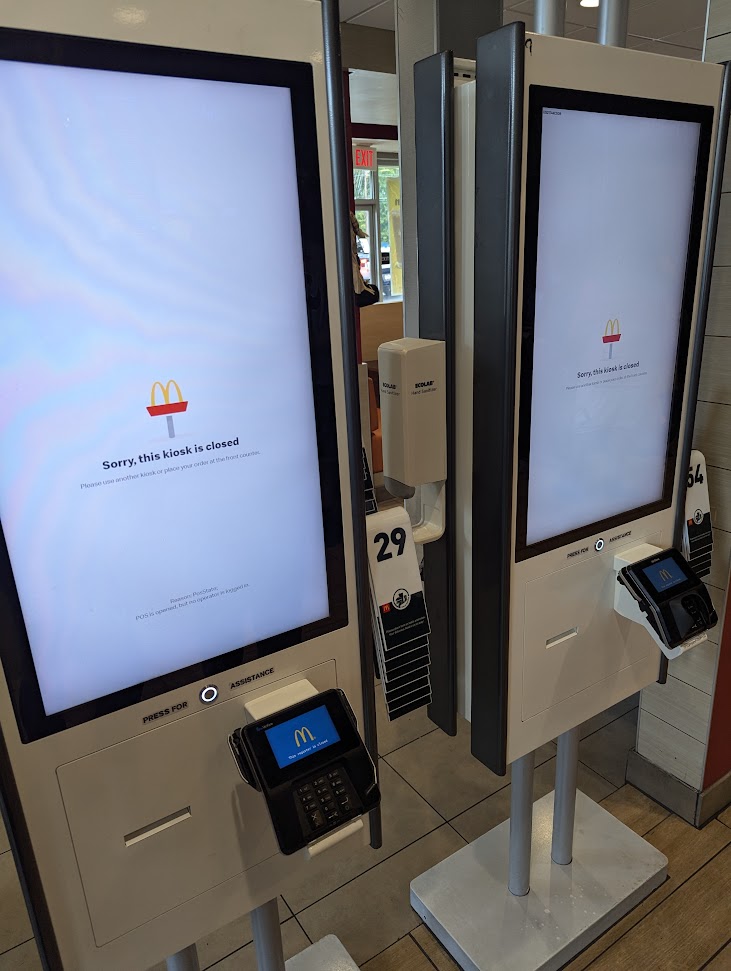Do I Need Implementation Services for RMM Software?
Explore when to leverage professional help for implementing RMM software, weighing the benefits of using services, the value of vendor collaboration, and risks of DIY approaches.

Introduction
Remote Monitoring and Management (RMM) solutions have emerged as indispensable tools to streamline operations, enhance efficiency, and ensure the seamless functioning of IoT environments. However, successfully integrating RMM software into your business operations requires combining unique business and solution knowledge with comprehensive expertise from the RMM provider. Together, this balance of knowledge leads to a higher rate of successful outcomes and faster time to value realization for RMM software.
Understand Your Size and Technology Requirements:
To determine if your business needs RMM implementation services, the critical factors to consider first are your deployment size and your solution’s complexity. For deployments under 100 units and no near-term scaling plans, advanced RMM platforms are likely overkill. Similarly, hardware solutions with a singular device type or minimal device management needs are typically best served by remote desktop tools or basic RMM products.
In either case, your organization should not require implementation assistance, as the software platforms needed to maintain and support your devices will be less complex. However, if you’re using a basic RMM and wondering if it’s time to upgrade to an enterprise RMM, we wrote this article to unpack the key factors you should consider before making any investment.
Understanding the Collaboration Framework
Assuming your organization is at a size or scale of complexity to justify enterprise RMM software, you are acutely aware that your business is not just a “generic” entity. It is a combination of specialized processes, technologies, and customer requirements uniquely designed to build a custom technology solution that solves a market problem.
Similarly, fully functional enterprise RMM solutions are not one-size-fits-all. Its effectiveness in realizing value for your organization is contingent on how well the software is married with the specific remote management and support needs of your business. This symbiotic relationship between your unique hardware solution and enterprise RMM software requires subject matter expertise from both sides.
To successfully implement RMM software, you will need an in-depth understanding of the RMM solution as well as internal expertise on the best way to apply those capabilities toward resolving performance issues inside your custom solution.
The Value of Professional Services
Collaboration between vendor and buyer teams is needed to bridge the knowledge gaps and ensure value-added implementation into business operations. Your internal team should be staffed with one or more business and IT domain experts and the vendor’s professional services team should have experience implementing their RMM solution in similar technology use cases.
Successfully implementing an RMM solution involves much more than just deploying the technology. It requires a meticulous mapping of RMM functionality into your business needs to truly realize value from the initiative. This process entails a nuanced understanding of your technology stack, customer requirements, and operational intricacies to solution enterprise-grade RMM software into your fleet of deployed devices. Only with this dual-domain expertise from the combined business and RMM team can you ensure that the RMM solution not only meets but enhances your business objectives.
The Pitfalls of DIY Integration and “Over Engineering”
While some businesses may be tempted to embark on a do-it-yourself integration journey, the reality is that mastering an RMM tool without implementation assistance is like navigating uncharted waters. An internal team would need to self-teach themselves how to operate the RMM platform, familiarize themselves with the array of capabilities available, and undergo a trial-and-error phase to gain practical experience. This lengthy process often leads to inefficiencies, potential errors, and delayed realization of the solution's benefits.
While the DIY route may seem attractive initially, the need for comprehensive training and the risk of a failed implementation makes professional implementation a more effective choice. However, there are also converse risks of “over-engineering” the implementation process that can lead to more lengthy and costly rollouts of RMM software. The best practice for RMM implementation is to define a minimum viable product (MVP) version of the solution deployment and then work to train your team on use cases and upgrades to the software over time. This method ensures your team’s time to value is faster and that you avoid the pitfalls of the “perfect launch” that never happens.
While there are certainly real risks to the DIY method, make sure your organization has internal experts that challenge and keep the scope of professional implementations on track and reduce the risk of over-engineering which can cost unnecessary time and money.
Conclusion:
In the dynamic realm where business and technology intersect, the success of an RMM solution lies in the collaboration between your business knowledge domain and the vendor’s expertise in RMM tools and practices. By recognizing the need to engage with a professional services team with experience in RMM solution implementation, businesses can navigate this phase more effectively, ensuring that their RMM solution becomes a catalyst for operational excellence rather than a source of challenges.
At Canopy, we understand the complexity of choosing and implementing an important technology solution like RMM software. Our team is dedicated to ensuring your success, aiming for outcomes that go beyond initial needs. If your team is evaluating RMM solutions or is curious to learn if Canopy may be able to help your uptime performance, we’d be happy to do a free evaluation of your device solution and support infrastructure. Just reach out to us at info@goCanopy.com with the subject line “Free Strategy Session” to schedule a call with one of our technical subject matter experts.






